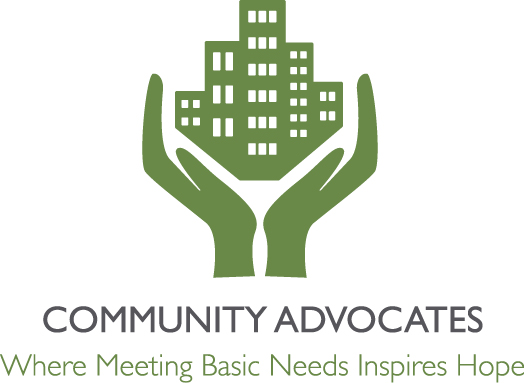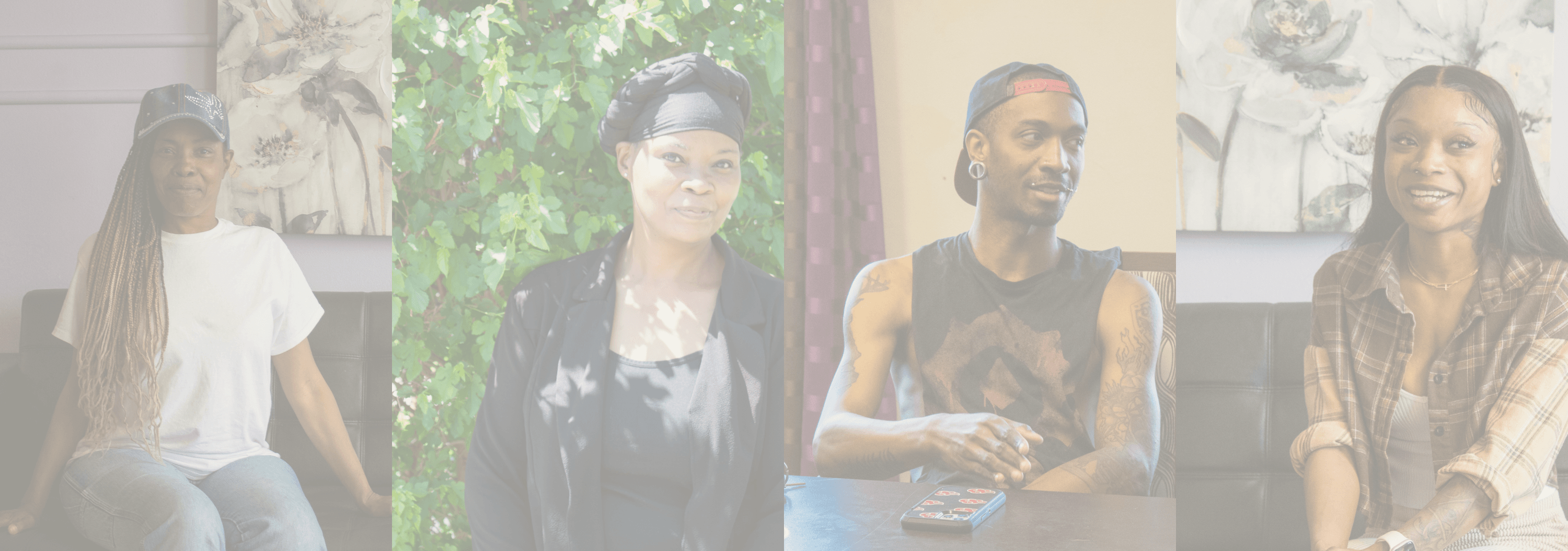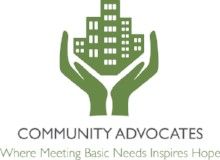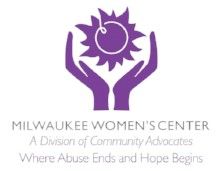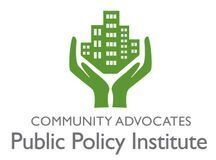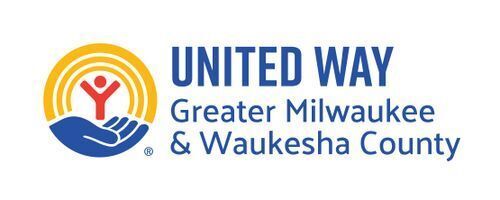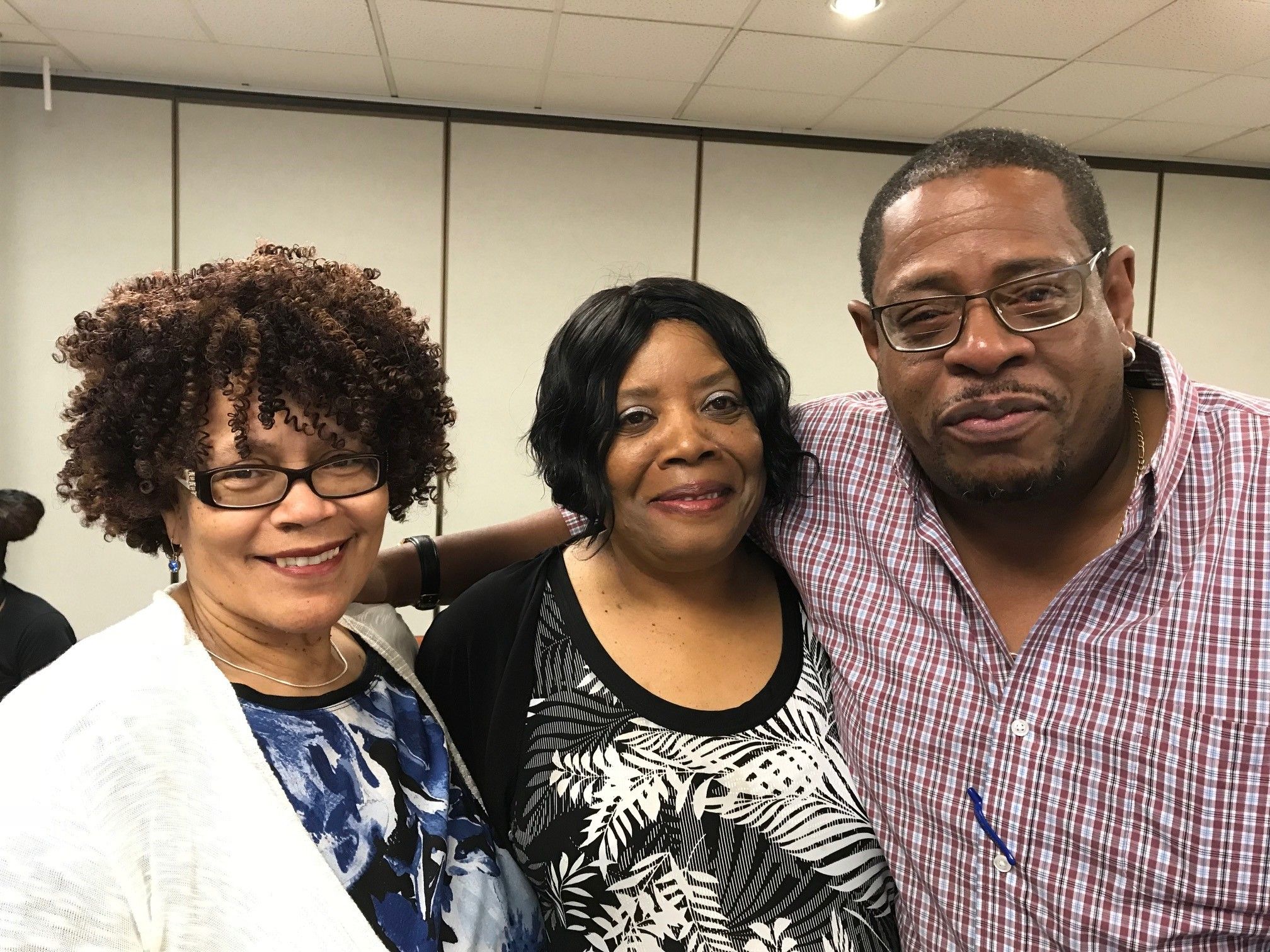
The Milwaukee Women’s Center’s Older Abused Women’s Program (OAWP), founded by advocate Carol Seaver in 1992, was one of the first domestic violence programs in the nation to address the specific needs of older women. Its goal is to reduce and eliminate violence and abuse in the lives of women ages 50 and older who have been victimized by their intimate partners or adult children.
OAWP acknowledges that many older women have been in an abusive relationship for years, decades even, and have grown accustomed to its dynamics. It is life as they know it, being manipulated, controlled, and abused. Its persistence can lead to long-term isolation, mental health issues, substance abuse, financial dependence, and low self-esteem.
In 2024, OAWP helped 43 older women make their lives safer by providing shelter and services designed to meet the needs of older women who have been victimized by a loved one or caregiver.
A Friend of a Friend
To meet survivors where they are, the Milwaukee Women’s Center’s OAWP outreach team attends events around Milwaukee County to provide information about domestic violence resources specifically for older women. But many older women pass by, telling staff that this information doesn’t apply to them. While that may be true, it may also be true that their understanding of domestic violence is limited to physical violence, and not, for example, an adult child withholding medication, a grandchild stealing from them, or a partner controlling their finances and isolating them from others.
“You might know somebody who knows somebody who’s going through this,” the OAWP team members respond and encourage the women to collect the resources anyway.
The OAWP team understands older women’s resistance and can nudge conversations to begin shifting the women’s perspectives. For example, they ask, “Is someone getting paid to take care of you, but they’re not taking you to appointments or giving you your medication?” The women are bewildered. While they understand that withholding medication is unacceptable, they haven’t quite wrapped their minds around it being abuse.
Where Am I Going to Go?
One of the most pressing questions and serious concerns facing anyone in an abusive relationship is where they are going to go if they leave their abuser. This becomes particularly true for older women living on a fixed income during an affordable-housing crisis.
For women who have been in an abusive relationship for decades, or women who depend on their partner for income or their residence, the idea of living independently can feel both terrifying and impossible. These concerns are exacerbated by the common aging-related health concerns of mobility, cognitive challenges, mental health struggles.
Fortunately, the Milwaukee Women’s Center has decades of experience working with older women who have been victimized by a loved one. The Milwaukee Women’s Center’s Emergency Shelter has rooms specifically designated for older women fleeing abuse, as well as wraparound services designed to address their unique needs.
By expanding the way we understand domestic violence to include elder abuse, we can reach and support women who might not otherwise recognize their situations as abusive.
Click here to learn more about the Older Abused Women’s Program. If you are experiencing a domestic violence situation, please contact the Milwaukee Women’s Center’s 24-hour Domestic Violence Crisis Line at 414-671-6140.

